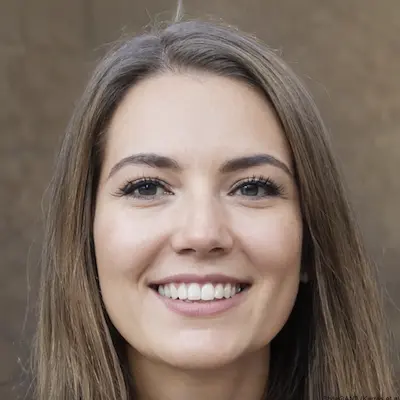Hubo y había
Dos versiones
Hay (there is / there are) en pasado (there was / there were) tiene dos versiones.
💂 Hay (there is / there are) in the past tense (there was / there were) has two versions.
Hubo (pretérito perfecto)
Usamos esta versión para eventos o catástrofes que ocurrieron en un pasado muy puntual o exacto.
💂 We use this version for events or catastrophes that occurred in a very punctual or exact past.
El veinte de septiembre hubo un huracán en Florida. (On September 20, there was a hurricane in Florida.)
El viernes pasado hubo una fiesta en el consulado. (Last Friday there was a party at the consulate.)
Había (pretérito imperfecto)
Es la versión más común. Cuando usamos there was / there were normalmente hacemos un uso descriptivo, y para descripción en pasado normalmente en español usamos imperfecto.
💂 This is the most common version. When we use there was / there were normally we use it descriptively, and for descriptions in the past we normally use imperfect.
Había muchos libros en la mesa. (There were many books on the table.)
No había nadie en la calle a las 2 de la mañana. (There was no one on the street at 2 in the morning.)
Unless we are talking about a very specific event that happened at a very specific time in the past, we'll usually prefer to use había over hubo in most contexts.
En el museo había...
El año pasado estuve en el museo del Prado en Madrid. El museo era muy grande, y los techos (ceilings) eran muy bonitos. En el museo había tres cuadros (pictures) de Velázquez. Había muchas esculturas de mármol (marble). Había un hombre que tomaba fotografías a los cuadros, aunque (although) él podía comprar postales (postcards) en la tienda del museo. Este hombre era muy tacaño (cheap). Había una cafetería muy elegante, y el café era muy caro (expensive) y muy malo. Había muchos baños, pero siempre estaban ocupados.


